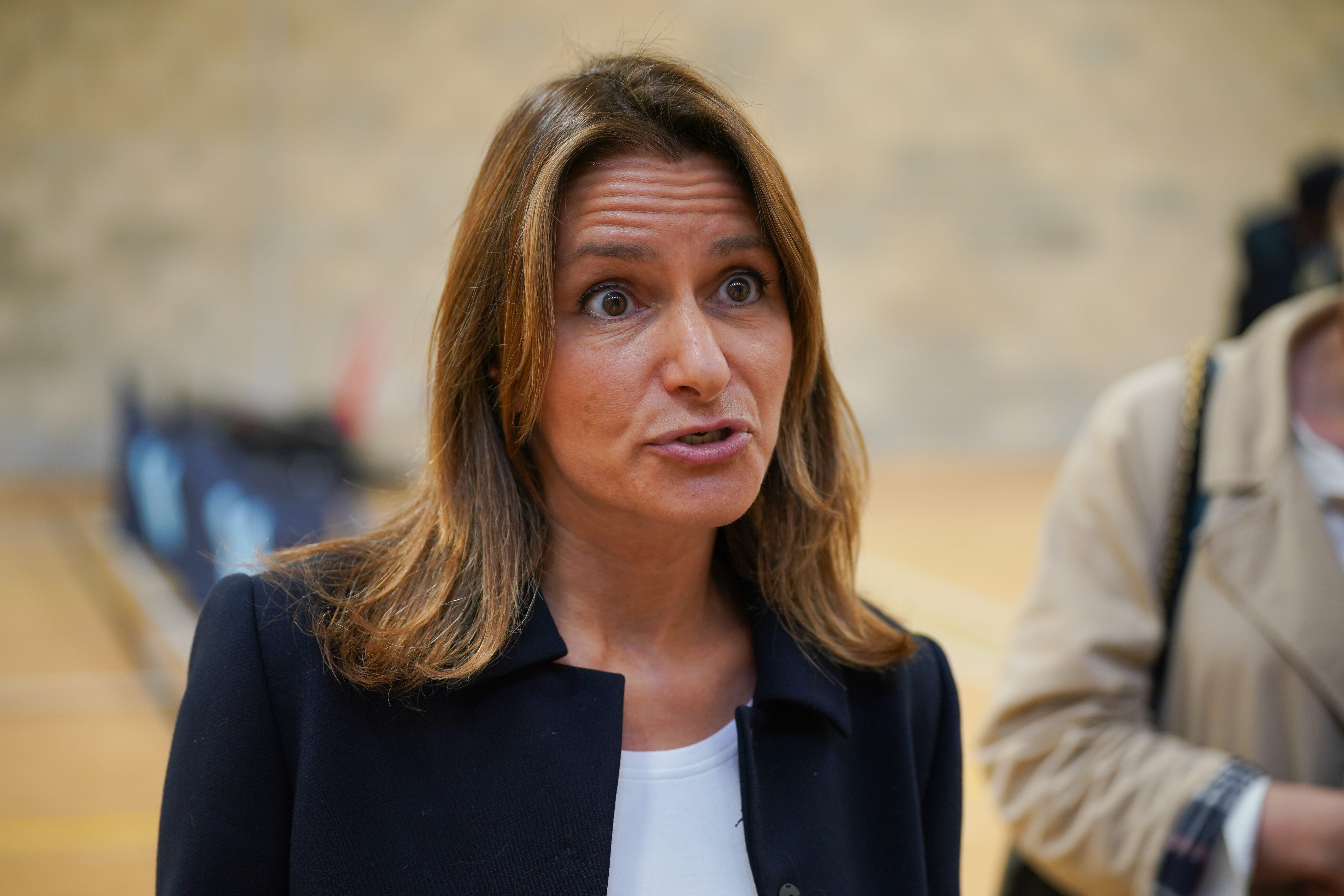Culture Secretary on increase in streaming: TV audiences will not be left behind
A new report found the number of viewers tuning in to watch broadcast television each week has seen the sharpest fall since records began.

Your support helps us to tell the story
From reproductive rights to climate change to Big Tech, The Independent is on the ground when the story is developing. Whether it's investigating the financials of Elon Musk's pro-Trump PAC or producing our latest documentary, 'The A Word', which shines a light on the American women fighting for reproductive rights, we know how important it is to parse out the facts from the messaging.
At such a critical moment in US history, we need reporters on the ground. Your donation allows us to keep sending journalists to speak to both sides of the story.
The Independent is trusted by Americans across the entire political spectrum. And unlike many other quality news outlets, we choose not to lock Americans out of our reporting and analysis with paywalls. We believe quality journalism should be available to everyone, paid for by those who can afford it.
Your support makes all the difference.The Culture Secretary has pledged that “new ways of consuming TV should not come at the expense of those who still enjoy terrestrial television” amid an increase in viewers turning to streaming platforms.
Lucy Frazer will deliver a keynote speech on the future of TV at the Royal Television Society (RTS) Cambridge Conference on Wednesday.
It comes as an Ofcom report, published last month, found the number of viewers tuning in to watch broadcast television each week has seen the sharpest fall since records began.
The watchdog’s research found the proportion of people watching traditional TV each week has declined from 83% in 2021 to 79% in 2022.
Ms Frazer is set to outline a new plan during her afternoon speech that is hoped to “maximise the potential of the TV industry to capitalise on the endless choice new technology now offers to audiences”.
At the event held in King’s College Cambridge, the Secretary of State is expected to address the conference theme of Too Much To Watch by talking about how streaming should not negatively impact on people who rely on traditional ways of watching TV.
Ms Frazer is set to say: “As we focus on the future, our attention must also be on making sure people are not left behind because new ways of consuming TV should not come at the expense of those who still enjoy terrestrial television.
“This Government wants to encourage the sector to keep embracing innovation and technological development.
“But we’re not going to pull the rug from under the devoted audiences of Freeview channels.
“We want terrestrial television to remain accessible for the foreseeable future.”
As part of the talk, which will be chaired by Channel 4’s chief executive Alex Mahon and include a Q&A session following her speech, Ms Frazer will announce a new research and engagement programme looking at the future of TV in the UK.
The project will inform whether the current commitment to keep Freeview supported until at least 2034 will be extended, ensure audiences have access to TV and will look at how to support the industry in seizing new opportunities.
In 2021, the Government announced Freeview licences – which allow public service and commercial broadcasters to deliver content free-to-air to audiences across the UK – were renewed for another decade.
Despite the continuing decline of traditional broadcast TV viewing, according to the Ofcom Media Nations 2023 report, BBC One and ITV1 are still the top two first destinations for viewers when they turn on their TV, with Netflix placing third.
Public service broadcasters (PSBs) also still dominate the UK’s most-watched list with valued national TV moments.
The UK’s most-watched programmes in 2022 included England’s quarter-final in the Fifa World Cup, the State Funeral of the Queen and the Queen’s Platinum Jubilee.
Other speakers at the RTS conference include actor and talk show host James Corden, broadcaster Piers Morgan, director-general of the BBC Tim Davie, ITV chief executive Dame Carolyn McCall and Channel 4 News presenter Krishnan Guru-Murthy.